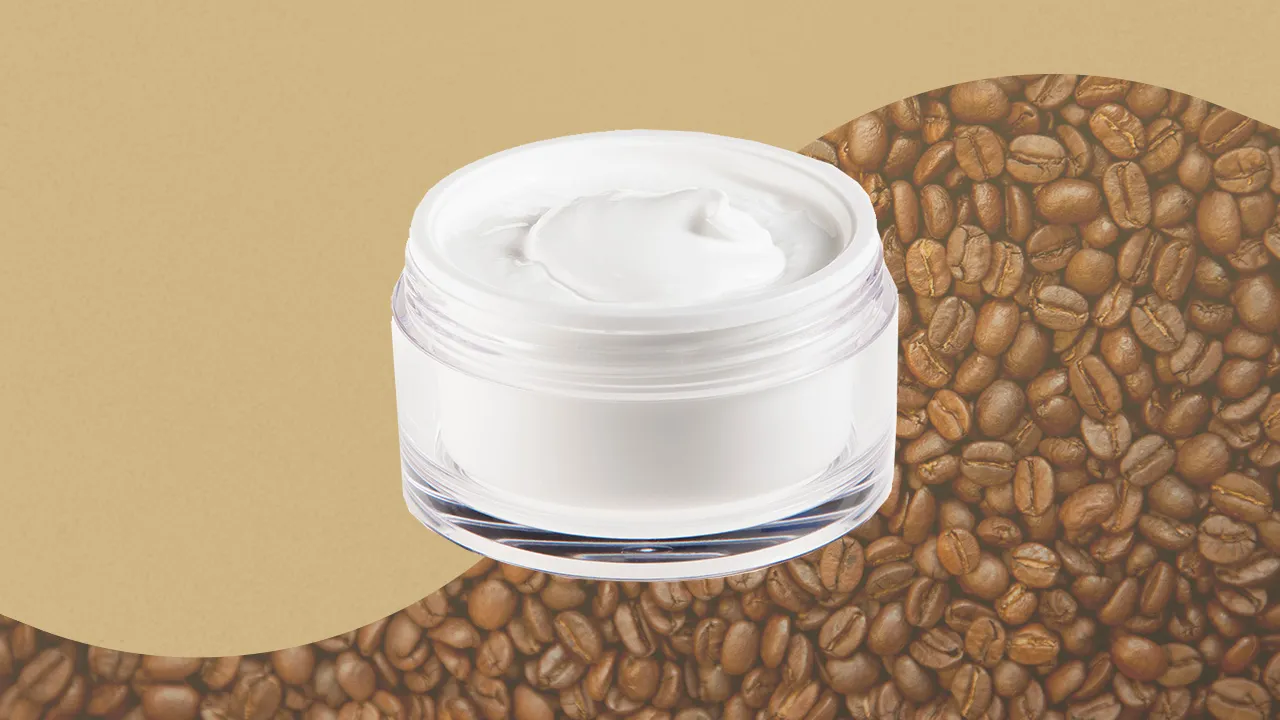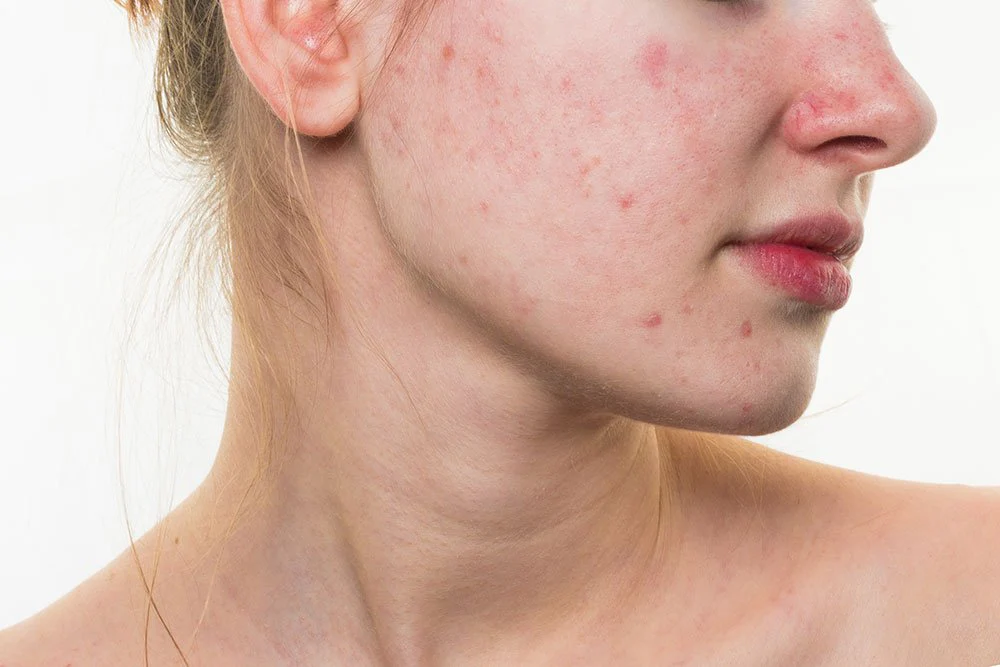Beauty
Caffeine in Skin Care: Does It Actually Work?

Caffeine isn’t just for the morning anymore.
This simple but powerful ingredient is gaining popularity in the beauty world, thanks to its popularity on TikTok and celebrities claiming that caffeine-based skin care products are a quick and affordable way to improve your face.
Because caffeine is added to skin care products
While it may sound too good to be true, these caffeine-based skin care products may be on to something.
Caffeine is a vasoconstrictor, meaning it makes blood vessels smaller and tighter, says Jeffrey Hsu, MD, board-certified dermatologist and director of Oak Dermatology in Chicago.
“It is often considered an anti-aging or anti-wrinkle ingredient in face, eye and even body care.”
The key to skin care products working is the right composition. Especially when the right amount of caffeine is used, it can be an effective ingredient in refreshing the skin, removing dark circles under the eyes, and reducing facial puffiness.
Several studies, such as one published in the International Journal of Cosmetic Science, show that caffeine molecules are small enough to pass through the upper layers of the skin, so it can actually dig in and do its job intradermally, Hsu explains.
But it’s worth noting that just because a product claims to contain caffeine doesn’t automatically give you the benefits you’re looking for, he says.
“For caffeine to be effective, as claimed, it has to be used in very concentrated doses,” says Hsu. “I always advise patients to use medical-grade skin care products because they are backed by controlled studies that demonstrate the composition, transparency and effectiveness of the ingredients.”
When evaluating skin care labels, marketing buzzwords like “clinically proven” and “pro-grade” aren’t necessarily synonymous with “medical grade,” adds Hsu.

Potential benefits of caffeine skin care products
Caffeine works primarily through the circulatory system, so it’s fast-acting, protective against oxidative stress, and anti-inflammatory for the skin, says Ife Rodney, MD, board-certified dermatologist and founder of Eternal Dermatology and Aesthetics in Fulton, Maryland.
“You get an immediate lift and protection from oxidative stress, but that can wear off over time. Skin care products should contain other active ingredients that can help the skin recover.”
Some other skin-friendly ingredients include aloe, tea tree oil, shea butter, vitamin C, and jojoba oil, says Rodney. “All of these contain antioxidants that slow down oxidative stress and can even help repair damaged cells,” he explains.
Speaking of sun-kissed skin, a growing number of animal studies suggest that caffeine may have cancer-preventing properties, Hsu says.
“For example, in a study in mice, caffeine locally promoted apoptosis, or cell death, in sunburn-damaged cells,” he says, referring to an article published in December 2021 in the Journal of Biology, Medicine and Biochemistry. “Researchers concluded that topical caffeine leads to actual cell death in squamous cell carcinoma and benign skin tumors.” Squamous cell carcinoma is a type of skin cancer. Of course, large-scale clinical trials are needed to know if humans would see the same anti-cancer effects.
Disadvantages to using caffeine in skin care
The biggest downside is that caffeine’s skin benefits only work for a short time, like drinking a cup of coffee, says Rodney. “Caffeine is a temporary fix and won’t cure wrinkles or bags under the eyes,” she says. “You should still invest in other skin care products that will work well with this product and solve your skin problem in the long run.”
















